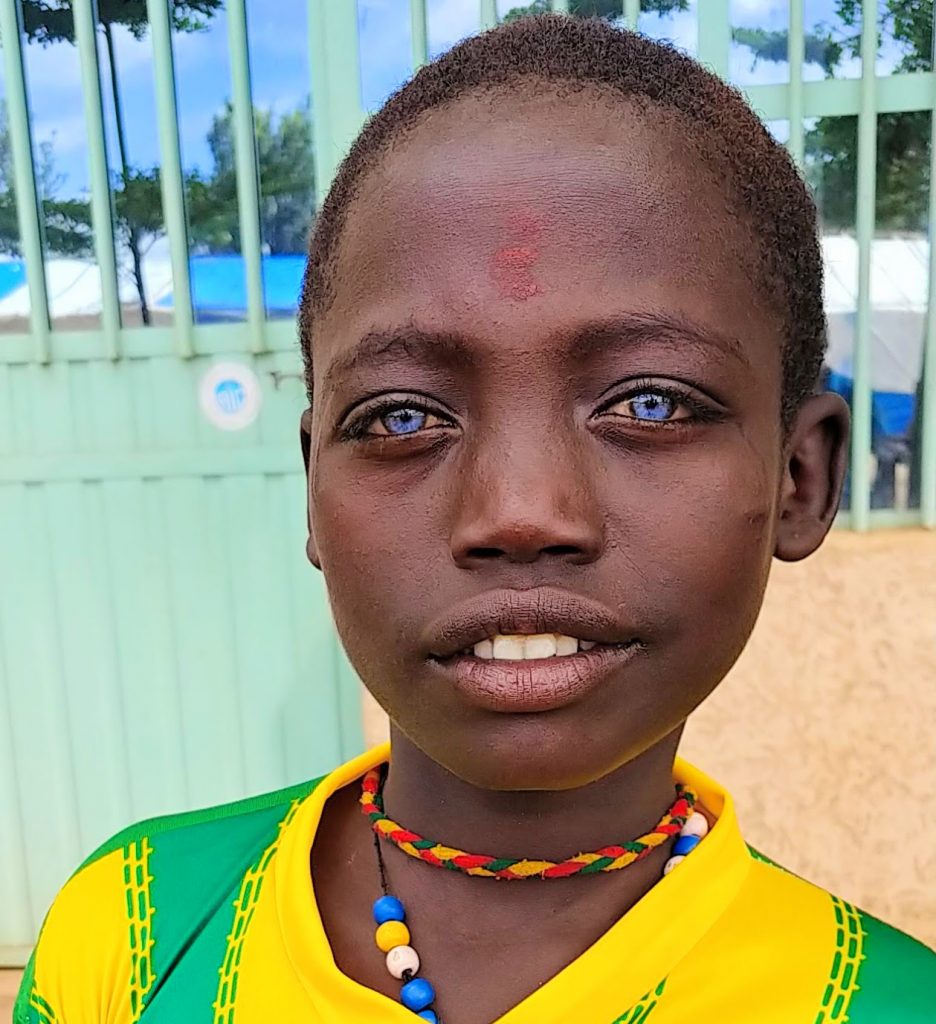The Ari tribe, with its rich cultural heritage and strong sense of community, has managed to preserve their traditional way of life despite the encroachment of modernization. Their population of almost 150,000 individuals is spread over a vast territory, which includes fertile lands and beautiful landscapes. The northern border of Mago National Park marks the beginning of their territory, where they coexist with diverse wildlife and natural wonders.
Jinka, the bustling city that serves as the capital of the lower Omo Valley, is a testament to the Ari tribe’s adaptability and resilience. It has become a vital center for trade and commerce, attracting people from neighboring regions. The presence of an airport and a university highlights the city’s importance as a hub for education and transportation.

Subsistence farming lies at the heart of the Ari people’s livelihood. They skillfully cultivate a range of crops, ensuring a diverse and sustainable food supply. Sorghum, vegetables, millet, tobacco, and cotton are carefully tended to, providing sustenance and raw materials for various purposes. The Ari tribe’s expertise in agriculture has earned them a reputation for their agricultural practices, with their produce being highly sought after in local markets.
Animal husbandry is another integral aspect of the Ari people’s way of life. They take pride in their sizable herds of livestock, which include cattle, goats, and sheep. These animals not only provide meat and dairy products but also serve as a form of Wealth.
One of the Ari tribe’s most notable contributions to the region is their production of exquisite honey. The Ari people have perfected the art of beekeeping, utilizing traditional methods passed down through generations. Their honey is renowned for its exceptional quality and distinct flavor, making it a valuable commodity for trade and a source of income for the tribe.
While the Ari people have embraced certain aspects of Western culture, such as adopting Western attire, they have managed to retain their traditional customs and practices. In the remote countryside, women can still be seen wearing skirts made from the fibers of the Enset tree, a symbol of their cultural heritage and connection to the land. This tradition serves as a reminder of the Ari tribe’s deep-rooted traditions and their commitment to preserving their unique identity.
